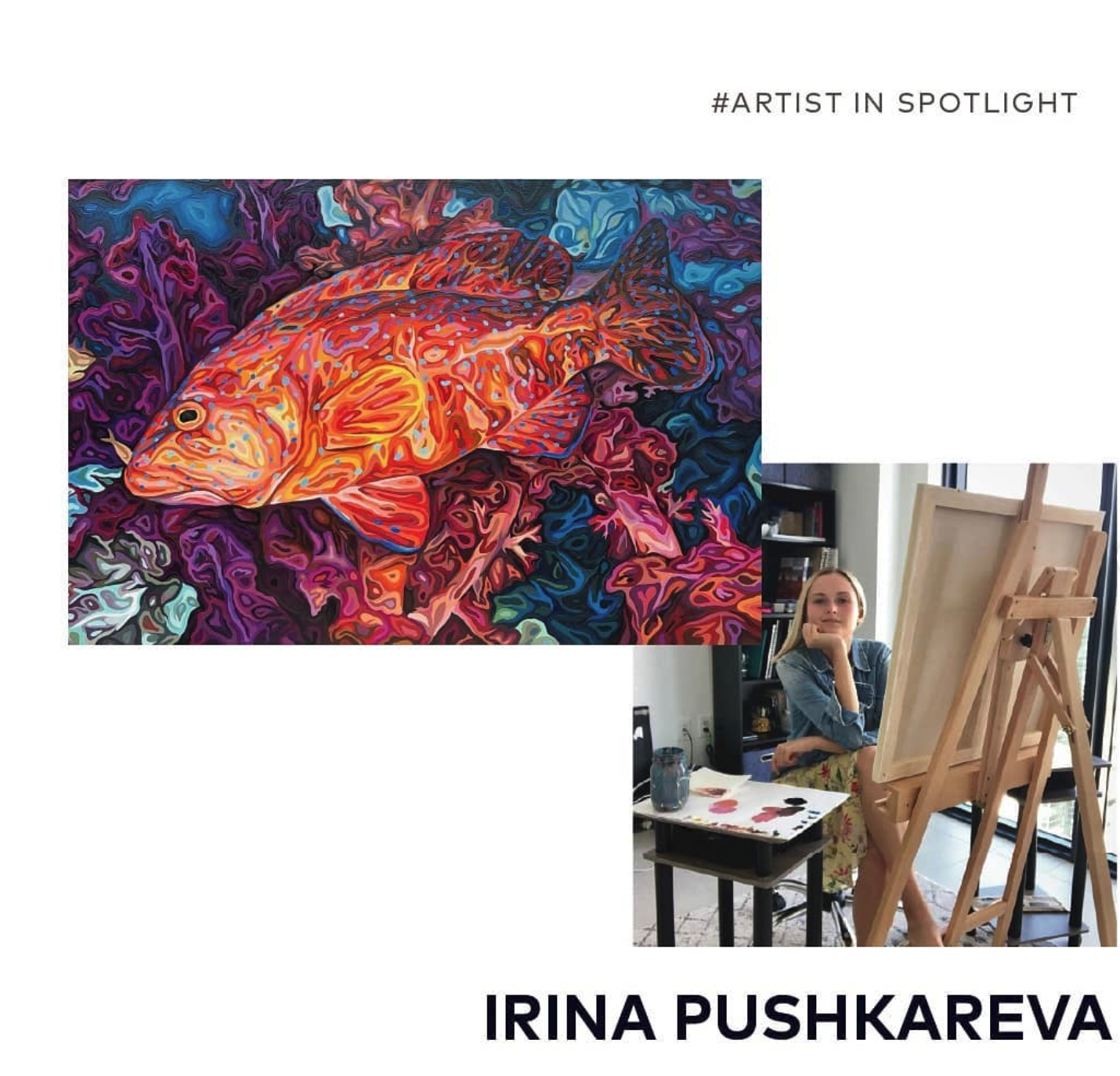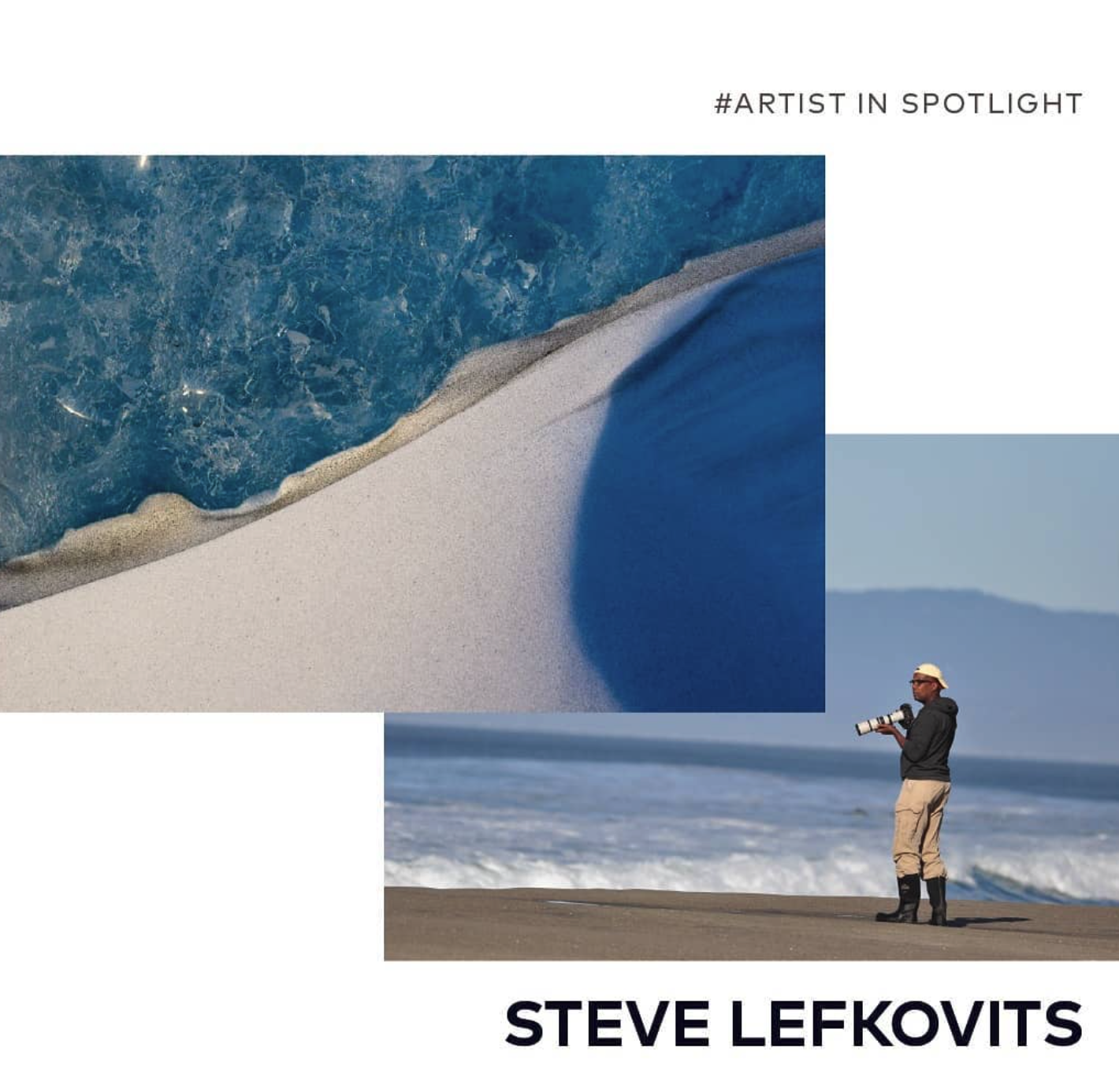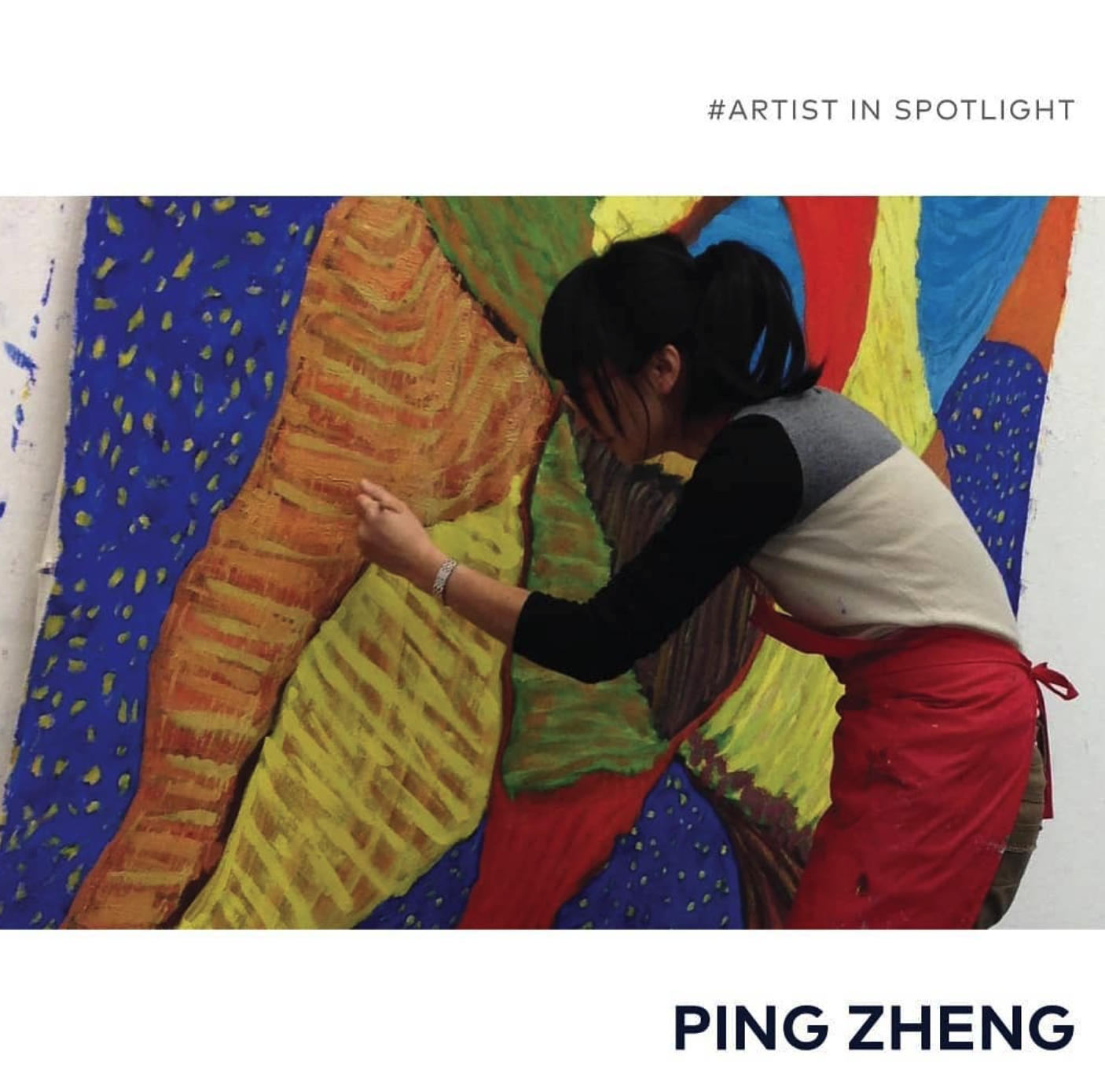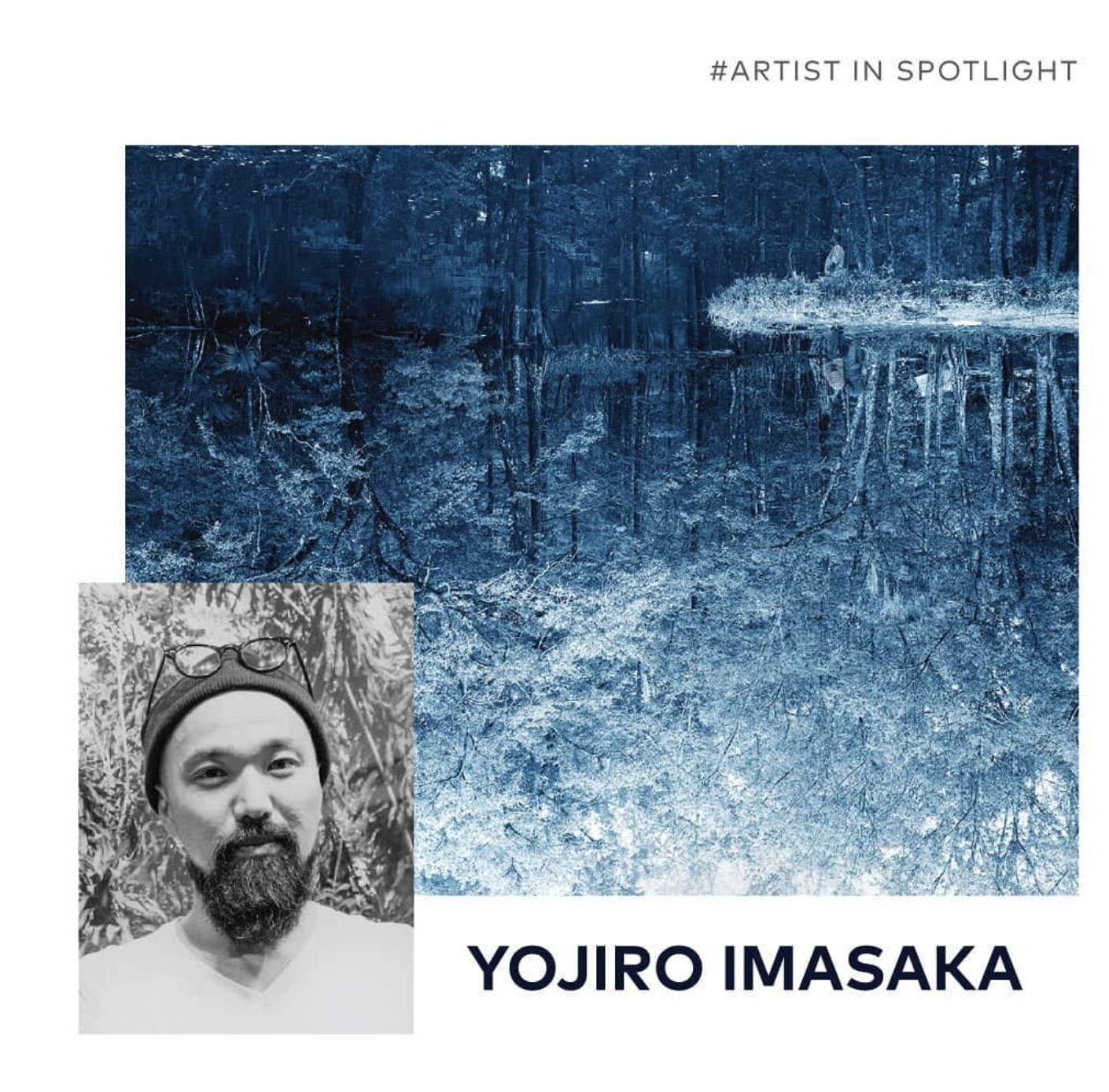Alpha’a: Disrupting the Art World & Bringing Forth Minority Voices
“87% of artists represented by galleries are male. 85% are white. There are about 2 million artists in the US and less than a quarter of them have gallery representation so the bottleneck is tremendous, and of the women that are actually represented by galleries, that’s about 13%, 47% of their work are discounted.”
It never occurred to me just how underrepresented minority voices are in the art world, let alone how staggering the numbers are. So She Slays loves to help amplify the voices of industries that maybe not a lot of us know about. The artworld is one of these places where we’ve been lucky enough to learn more about. And in the efforts of educating ourselves, we hope to also bring more knowledge to you.
One of the facets we’ve gotten to explore is how exclusive the world of art can be to not only women but minorities in general. We’ve also gotten to speak with people like Manuela and Renata, the CEO and COO of Alpha’a, that are working to disrupt the status quo and bring forth voices that don’t often get heard. Alpha’a is a business-to-business marketplace that connects companies to local visual artists with a while glove experience of high customization and affordable pricing.
We sat down with these two women to speak more about Alpha’a, how artists can become a part of this powerful platform, and words of wisdom they would share.
What brought about alpha’a?
Renata: I worked at a gallery, which was an amazing opportunity for me to see some of the most exciting artists we have right now, but also know a lot of the problems that the market has with the lack of opportunity for a lot of great talent. Many of their art handlers and people who work as the staff for the gallery are also great, great artists themselves, and they wouldn't have the same opportunities as others. So I think it was a little bit of that that ended up causing me to think about how we could amplify the market and how to use single technologies to make this business even better.
that sounds like a big revamp to the system.
Renata: The art market is very exclusive, like it's very closed off, and it's very unregulated, so there's not a lot of transparency. I think once you start becoming a part of this, you understand that a lot of the art galleries collectors, the considered art experts, they're kind of dictating what happens. It doesn't matter if it's in Brazil, in the US, Europe, or any part of the world; it's like the same group of people who are kind of leading the rest of us. One of the most interesting things that we did at Alpha'a was that since the beginning, we have wanted to create a Democratic platform. We wanted to kind of question the idea of the expert by giving regular people like you and me the voice to say what they like and what they don't like. And the way that I would figure to do that was through a voting platform. So if you go on the website, we have a voting session where we put up an assortment of works, and we invite the general public to go vote and say what they like and what they don't like. Then from the result, we select fewer works to become prints from our inventory.
How do you find artists?
Manuela: There are three tutorial models. The first one is crowd curation. The second one is special projects, so we'll partner with independent curators; we're putting together a special project that is like a passion project of mine for Burning Man, and we're working with the Oric and kind of like raising funds for them. And the third one kind of mixes with that one, which is campaigns around social and environmental causes. We learned through an experiment that art is a universal language, and it's such a compelling tool for transformation. And so we kind of amplified that strategy and made sure that at least once a year, we'd be partnering with an NGO and bringing in artists to kind of contextualize the message. So we've done ocean conservation with Oceanic Global. We've done rainforest and female empowerment, and we're looking to kind of like expand our message there as well.
I know that we kind of talked about the lack of transparency in the art realm, and how you are breaking this system, and most system disruptors aren't always received well. So, how has this been received?
Manuela: So when we started, everybody thought we were completely insane. They're like, how are you going to fight with the galleries. We're like, we're not going to fight with the galleries, we're just like implementing a new system, we're just adding opportunity, and at the end of the day, we're going to build a bigger market which is our goal. And, you know, when we were on the business to consumer space, I did get it that people could see us as like a force of change that would challenge the way galleries do business because we were bringing in a lot more transparency. But we quickly pivoted to a business-to-business space. It was maybe one of the smartest things we've ever done because, as anyone that has a platform knows, the sales effort on the b2c side is almost as significant as the one on the b2b side, but the tickets are just so much larger which meant that we could do so much more for the artists themselves. When we started to gain scale and notoriety through the projects we were involved with, we started attracting high-quality talent, really high caliber art advisors, and huge galleries looking to kind of touch on our audience. This is quite unique because we work with real estate; at the end of the day, we're working with hotels, we're working with developers, we're working with design platforms, which you know are a completely different kind of animal and a completely different kind of product in itself. So I would say that you know it went from like shock and awe to like, Oh this is cool, we can integrate into this, I feel like this is a way for us to kind of like sell some more work, and so we've been very well received, and we're happy about it.
Renata: Another crucial factor was COVID because it changed people's perspectives on seeing art online. In the beginning, it was like, "Why are you guys are showing art online?" It's an online gallery, and there was a lot of prejudice about using the internet. I think with COVID when all of the galleries had to run like and kind of update their websites, update their systems, their business model, we were already doing it for like the past four years. We've been operational for a lot longer, but it was very interesting to see how we were ahead of the curve. When COVID hit, everyone understood what we were doing and the importance of having an online space. And that was actually crucial for us to acquire more partners because many of these small, midsize galleries that did not already have the system implemented could use our system to continue connecting with other people, selling works. That was kind of caused us to create this institutional profile.
What are some words of wisdom you can pass along to artists?
Renata: We both read a perfect book because it's very short, but it gives very wise advice on living your life with four agreements. I think it's like, that's for everyone, not just for artists. One of the concepts is you should not take things personally. Sometimes you know, like we always feel that people are telling us something and that's a personal attack or they can, and we don't know exactly what is going on behind the scenes like maybe that person had a bad day. One person is going to tell you something that you're going to think is the absolute truth, and perhaps that's going to be the reason why you're going to give up, and it's not at all. Again, people have different understandings, and like other things, so you should never accept that.
Manuela: And then nos are part of the process. Like us, as founders and the number of nos that we've had to take like, they say to raise the money it's 100 nos for every yes, and it's the same thing with any creative industry. There was a great Lady Gaga speech, where she said, it's not about winning, it's about not giving up, that's how you get to where you need to get. So don't take things personally is an incredible one; the other is to be impeccable with your word, so say something that you mean and avoid gossip. Don't make assumptions; that's another great one; as you know, if you have a question, just come up to someone and ask, and the fourth one is always doing your best.
Renata: Which is maybe like the right way to end because if you're always doing your best, you have to believe in yourself. And I think we have a very little understanding of the bigger picture. And there's so much going on sometimes, you know, all of like the hardships I've had in my life, I think those were the points where I grew the most. Everything does make sense when you look back, and I feel like God or whatever you want to call it is this bigger force and always has a bigger plan for us. I think just being humble and accepting that maybe we don't know everything, perhaps we see, like, minimal, and yeah, you do your best and trust that it will work out for the best.







